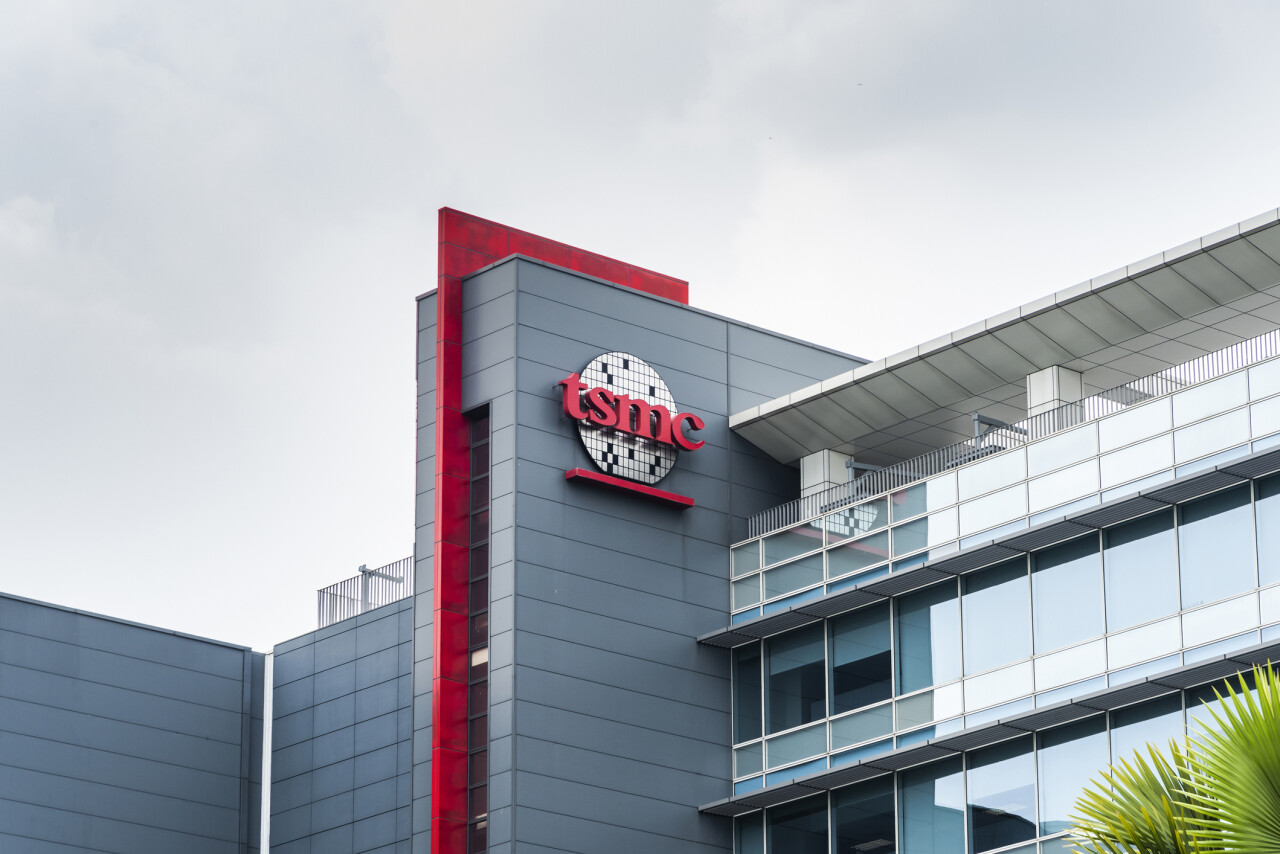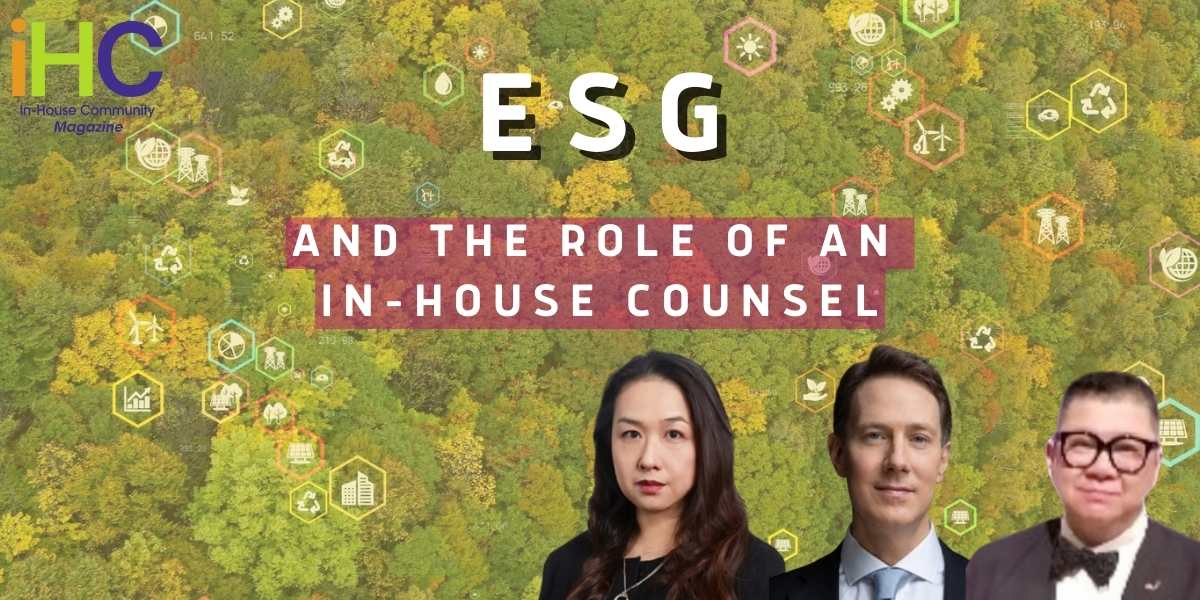April 21, 2022
Taiwan Semiconductor Manufacturing Company continues to lead against its competitors in the IP field. Currently, the company is using its advanced 5-nanometer process in the commercial production of the A-series processors for Apple’s iPhone line. TSMC is also involved in the production of Apple’s M1 Ultra chip which will be used in Mac computers amongst other applications. April 21, 2022
From 1 January 2022, amendments to the Hong Kong Stock Exchange Main Board Listing Rules came into effect. These amendments will impact Bermuda, British Virgin Islands and Cayman Islands companies contemplating a listing in Hong Kong as well as existing listed companies. An overseas listed company whose shares are listed, or contemplated to be listed, on the Stock Exchange of Hong Kong must demonstrate how the domestic laws, rules and regulations to which it is subject and its constitutional documents together can provide the core shareholder protection standards as set out in Appendix 3 to the Hong Kong Listing Rules (Shareholder Protection Standards). For this purpose, amendments to the constitutional documents of an existing overseas listed company may be required to demonstrate its compliance with the newly amended Appendix 3. An existing overseas listed company will have until their second annual general meeting following 1 January 2022 to make necessary changes to their constitutional documents to conform to the Shareholder Protection Standards. Under the revised listing regime, shareholders of all listed companies must be afforded with a minimum level of Shareholder Protection Standards. The following highlight the key features of these standards which are relevant to Bermuda, British Virgin Islands and Cayman Islands listed companies: (i) General meetings: A listed company must hold an annual general meeting for each financial year, not calendar year, with reasonable written notice (usually at least 21 days for an AGM and at least 14 days for an EGM) to be given to shareholders for each such general meeting. Shareholders have the right to speak and vote at general meetings unless shareholders are required... April 21, 2022
The United Arab Emirates is a beneficial business environment and, in order to improve the same, a new law will be released concerning commercial agency contracts that will replace Federal Law No.11 of 2020 concerning UAE commercial agency law. As the UAE is a country that attracts investment, the new law will grant local markets entry to the worldwide market. Moreover, attracting foreign investments directly is one of the significant purposes of the new proposed law. The new law will grant commercial agents numerous statuary rights. These rights are intended to protect an agent who has spent a considerable amount of effort and cost in building a profitable market profile for products or services. One of the main changes is concerning the conditions to end a fixed-term contract. The new conditions under which a commercial agency contract may be expired are as follows: 1. Expiry of the commercial agency contract: Expiry of the contract term unless that period is renewed by agreement of the contracting parties. By the will of either party based on the terms and conditions of the commercial agency contract. By agreement of the contracting parties before the end of the contract term. Issuance of a court ruling to terminate the commercial agency based on the provisions of this law or the commercial agency contract. Any other case mentioned in this law. 2. In an instance in which a commercial agency arrangement is being transferred to a new agent, unless the two parties to the original commercial agency contract agree otherwise or upon the termination of the commercial agency and when any of the cases set... March 9, 2022
Environmental, social, and governance (ESG) factors are fast making their way into mainstream business and investment consciousness. Far from being the cherry-on-top of an otherwise good company, these criteria are increasingly becoming part and parcel of business practice. Pressure to adopt ESG standards has come from consumers and a growing responsible investment community, as well as the expansion of governmental and regulatory requirements. These standards create the framework for all stakeholders, including lawyers, to assess the sustainability and ethical practices of a company when reporting on such company or in making investment decisions. Indicative of this trend toward increased ESG focus, in late November 2021, the Hang Seng Indexes Company launched a new index in which socially responsible considerations sit up front and center – the HSI ESG Screened Index (HSI ESG). This index applies ESG principles to the standard Hang Seng Index (HSI), with constituents screened for compliance against the United Nations Global Compact (UNGC) Principles as well as for involvement in controversial product. Focus on ESG criteria has thus come a long way from being about feel-good investment choices; these factors are now regulated and widely tracked. More than this, however, focus on companies adhering to ESG principles may well make financial sense. In comparing the performance of the HSI ESG to the HSI from the base date of the former, 7 December 2018, to present we see that the HSI ESG actually outperforms the market standard – and by a relatively long way. As Mark D. Schroeder, Strategic Advisor to the Governance Solutions Group , put it, ESG frameworks help us assess the impact of... February 28, 2022
The National Economic Development Authority (NEDA) released in 2017 its five (5)-year Philippine Development Plan (Plan). It seeks to implement the lofty objectives of the Philippine Competition Act (PCA). In detail, it aims to review potentially anti-competitive legislation and policies, analyze competition issues in priority sectors, investigate anti-competitive conduct and agreements, promote competition-related policies and best practices, and conduct capacity-building activities for government agencies and other institutions. The Philippine Competition Commission (PCC) has made great strides in implementing the Plan. The pandemic has not deterred the PCC in fulfilling its mandate. It is worth mentioning its efforts having impact on businesses. It has taken a stand on significant competition law issues, as found in its numerous policy notes, affecting priority sectors. To date, it has trained its sights on rice, sugar, pharmaceutical, shipping, and construction industries. In 2020, the Supreme Court (in Philippine Construction Accreditation Board (PCAB) Vs. Manila Water Company, Inc.) considered the PCC’s stand on the nationality restriction imposed on construction activities. It noted the PCC’s explanation that such restriction was unfair and a significant barrier to entry of foreign competition. This led the Supreme Court to invalidate the long-standing administrative rule limiting foreign contractors’ participation in the country’s construction activities. It is only a matter of time for this Supreme Court ruling to become final, and for PCAB to ultimately accede to this significant pronouncement. The PCC is mandated to align the country’s competition policies with various regulatory requirements. Consistent with such mandate, the PCC has coordinated with different regulatory agencies and other administrative bodies and has concluded special arrangements with the country’s financial regulators, namely:... February 23, 2022
SME vendors and service providers in Thailand may have little bargaining power when facing and negotiating with larger buyers, and often must accept long credit terms requested by these buyers. In fact, SME operators in Thailand, when dealing with large and powerful buyers, often face credit terms that are on average much longer than those of SME operators in neighboring countries in the region. This, unfortunately, causes financial difficulties for Thai SME operators due to the impact on cashflow. This also has a negative impact on the whole supply chain and on employees. In contrast to credit terms with larger buyers, credit terms between SME buyers and SME vendors or service providers are ordinarily short, much like in other countries. Hence, the root cause of these extraordinarily long credit terms is the imbalance of negotiating power. The Thai Trade Competition Commission, operating under the Trade Competition Act of 2017, issued a regulation to combat this imbalance so as to assist SME operators during the period of economic hardship that has been exacerbated by the COVID-19 pandemic. The SME credit term limitation regulation (the “Regulation”) limits the credit term that a buyer may request from an SME vendor or service provider to 45 days and further shortens credit terms to 30 days for businesses dealing in the agricultural sector, including agricultural products or processed agricultural products with non-complex production procedures. The Regulation was enacted on 18 June 2021 and became effective 180 days thereafter, on 16 December 2021. It is important to be aware that since the regulation already provided a 180-day grace period, it is unlikely that the authority... Upcoming Events
Recent Past Events
















